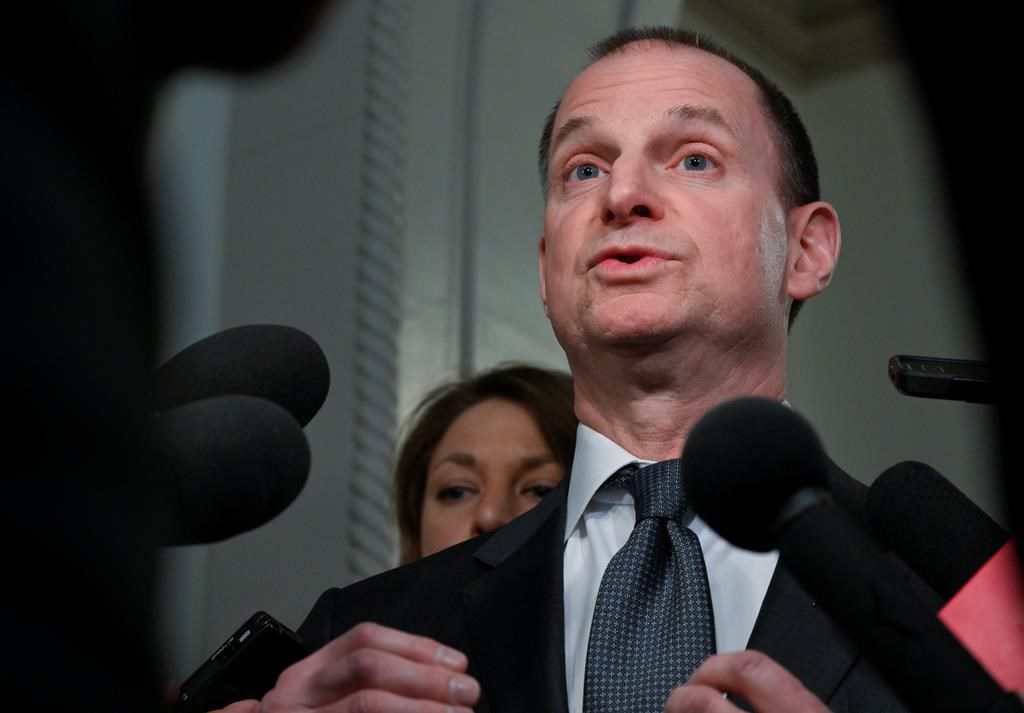Given a decrease in Hydro-Québec's dividend, a slowing economy, and recent talks with public sector unions, Finance Minister Eric Girard expresses that the province has little flexibility for its upcoming budget.
However, the provincial government asserts there will be no austerity measures or reductions in public services, with a focus on health care and education.
This suggests that Girard may postpone the province's return to a balanced budget beyond 2028 when he presents the province's budget in Quebec City March 12.
Quebec Liberal Party Finance Critic Frédéric Beauchemin believes it is the CAQ government's inadequate planning that has put the province in debt.
“They're harming the next generation by essentially accumulating more debt and delaying when we will have balanced finances,” he said. “It's terrible.”
Beauchemin refers to the 500-dollar cost-of-living payments distributed by the province in 2022, as well as the recent decision to finance a new roof for the Olympic stadium, as examples of the “poor decisions” that led the government here.
Meanwhile, Québec solidaire indicates that the growing deficit is not its greatest worry.
Despite the Premier stating that austerity measures are off the table, Québec solidaire Finance Critic Haroun Bouazzi is not entirely convinced that the province will not experience reductions in its public services.
Bouazzi is urging the government to cease reducing taxes for high-income Quebecers.
“We strongly believe that there is a segment of society that should contribute more to our collective wealth so that we can maintain these services,” Bouazzi explained.
For its part, the Parti-Québécois believes the province's financial difficulties are largely due to the repeated failure of the CAQ government to secure funding from the federal government.
And PQ Leader Paul St-Pierre Plamondon states that Quebec's health care and education systems continue to suffer as a result.
“We shouldn't have to plead and negotiate for every aspect of the management of the state. … Negotiating with a government in Ottawa that took our own money and then wants a negotiation every time we want it back for essential missions,” said St-Pierre Plamondon. “Shouldn't we take the 80 billion we're sending to Ottawa a year and manage it by ourselves?”
St-Pierre Plamondon cites the province's negotiations over health care funding last year, in which Quebec was offered just $1 billion a year in new funding — $5 billion less than it had requested.
Ottawa has also threatened to withhold part of that funding if Quebec doesn't sign the bilateral agreement by March 31.
St-Pierre Plamondon suggests that separation would be the ultimate solution as it would enable the province to manage its own funds. In the meantime, he urges the government to exhibit the funds it failed to receive from Ottawa in this upcoming budget, to demonstrate transparency.
All opposition parties would also like to see housing given priority in the next budget, and they are not alone.
The Montreal Metropolitan Community Council is requesting 3,000 additional social housing units over the next 10 years, as well as 1 billion dollars in funding to refurbish low-income housing.



